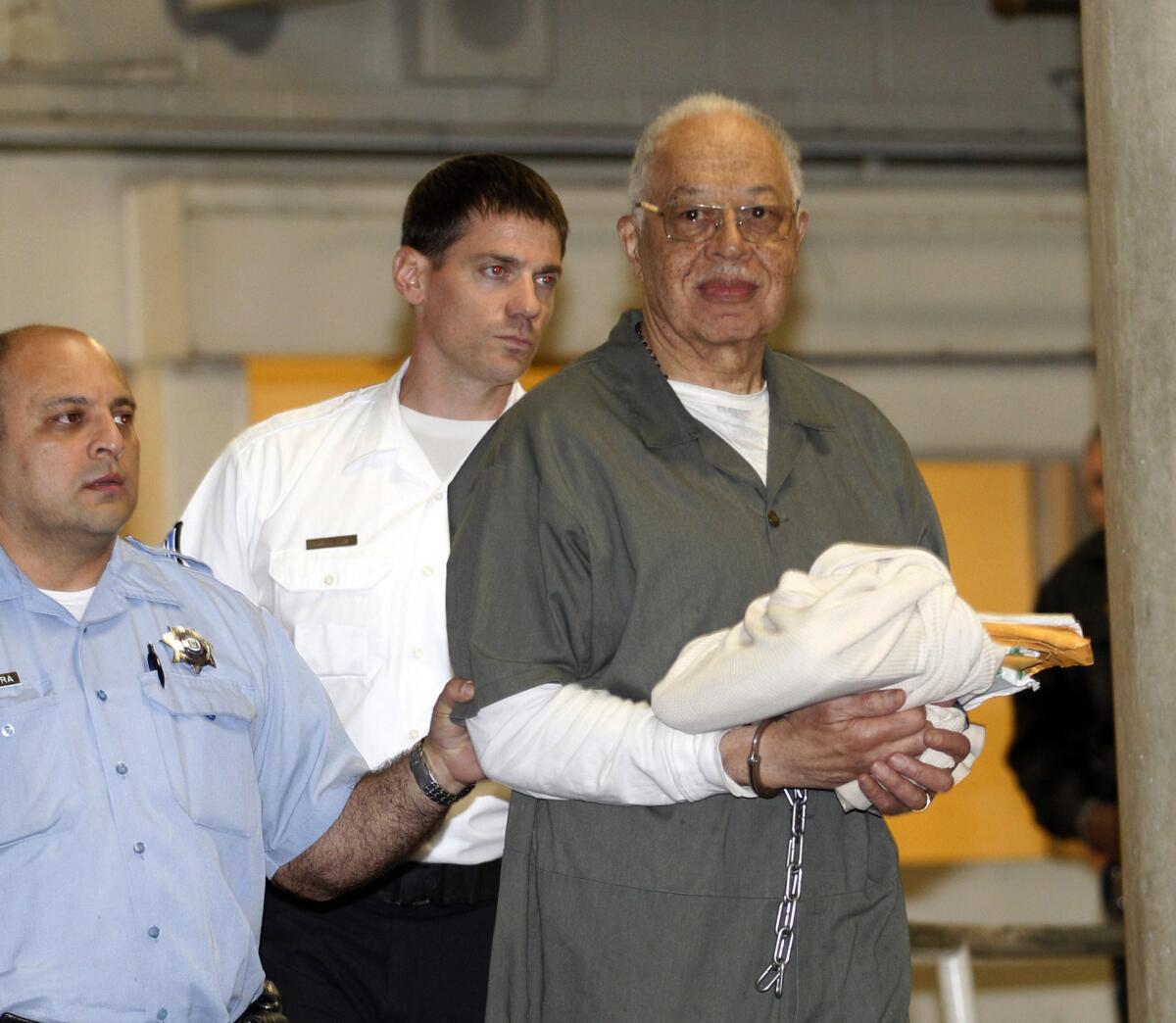The Kermit Gosnell verdict

When Philadelphia doctor Kermit Gosnell was put on trial for murder, activists seized on the case as a symbol of all that is wrong with abortion in America, and used it to call for tighter restrictions and stepped-up oversight. But though Gosnell’s behavior was deplorable, macabre and unquestionably illegal, it was aberrational, not symbolic. He has now been convicted, and he will be punished. This does not weaken the case for safe, legal and accessible abortion.
Gosnell, a 72-year-old doctor who was neither an obstetrician nor a gynecologist (having failed to complete a residency in those specialties, according to a grand jury report), ran what has been described by authorities as a filthy, bloodstained, poorly equipped abortion clinic with the help of unqualified staff. Multiple complaints had been lodged at the Pennsylvania Department of Health against the clinic, which ministered mostly to poor women. On Monday, Gosnell was convicted of first-degree murder for killing three babies in botched abortions; he cut their spinal cords after they were born alive. He also was found guilty of involuntary manslaughter in the 2009 death of a woman who died undergoing an abortion, and of nearly two dozen violations of the Pennsylvania law that bans abortion after the 24th week of gestation.
Gosnell’s behavior was barbaric, but it says nothing about the work done by qualified abortion providers who obey the law. This case is not evidence that the right to an abortion in Pennsylvania or anywhere else should be more narrowly restricted — for instance, by banning the procedure after
20 weeks, as some states have done, or even after 12 weeks, as Arkansas is preparing to do. Besides, that would be a violation of the Supreme Court’s ruling in Roe vs. Wade and subsequent decisions that women have a right to an abortion until the fetus is viable outside the womb, which is about 24 weeks. The Arkansas ban is already the subject of a lawsuit in federal court.
Nor is the Gosnell case evidence for stricter rules on operating abortion clinics, such as requiring them to meet the same architectural and licensing standards as ambulatory surgery facilities or hospitals. Such costly new rules could force clinics to close even though the standards aren’t all medically necessary. The fact is that Gosnell’s clinic was already in flagrant violation of numerous common-sense regulations. Equipment was unsterilized, and a flea-ridden cat wandered the rooms. Gosnell had more in common with the back-alley abortionists of the past than with qualified abortion providers.
This is a case about a doctor who violated the law and will be punished. It has little significance for abortion clinics that conform to medical and legal standards.
More to Read
A cure for the common opinion
Get thought-provoking perspectives with our weekly newsletter.
You may occasionally receive promotional content from the Los Angeles Times.






